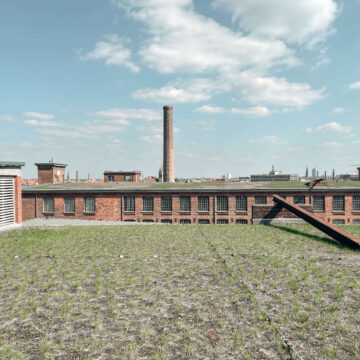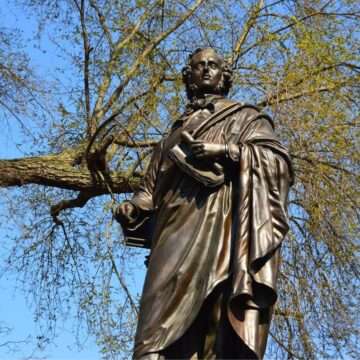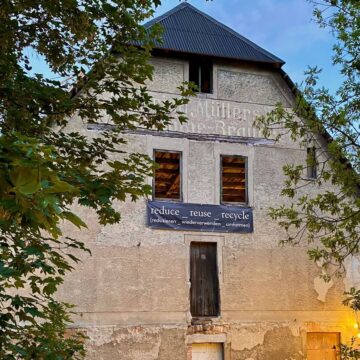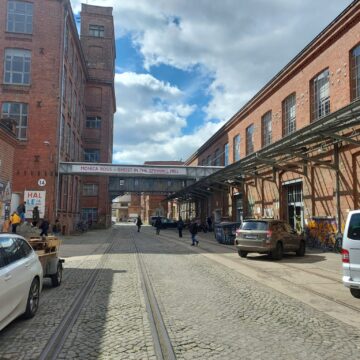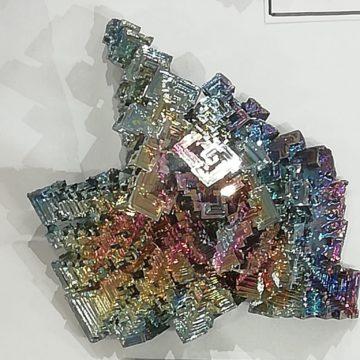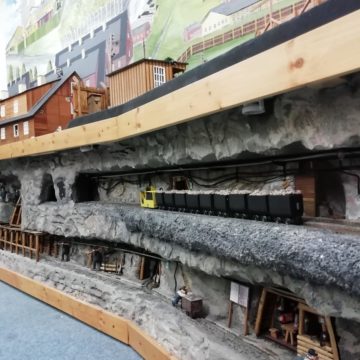Accompany authors Asem and Rachel to discover the story of Spinnerei, a large brick building in Leipzig that used to be a cotton mills at the end of the 19th century, which is one of the few still standing, despite the fact that much of Leipzig was bombed during the Second World War.
How is it that this building was spared from the bombs? There are a number of hypotheses, one of which is that the green roof protected it…
Category: Germany
The Leipzig’s Music Trail – An Unexpected Discovery
Join the authors Nina and Hend as they take you on a walk through Leipzig’s Music Trail, where various buildings, streets, memorials, and monuments reveal the musical history of Saxony's largest city.
Reuse is the New Black
In this article, we explored how the concept of reuse and revitalisation translates into practice through the example of Schwemme Brewery. Since coming under the ownership of Schwemme e.V., this over 300-year-old brewery in Halle has been gradually transforming into a welcoming cultural space full of possibilities where dedicated individuals and an engaged community are using sustainable principles to ensure the meaningful transformation of historical space fit for modern needs.
The Transformation of Spinnerei: from Industrial Site to Art Centre
The Spinnerei in Leipzig, Germany, was once a cotton mill in the 19th and 20th century. Following its closure in the 1990s, the site was abandoned for many years. Today, the Spinnerei has been transformed into a vibrant centre for contemporary art and creative industries. Visitors find dozens of galleries, studios, workshops, and the KINO, an artist-led cinema. In this article, we explore the history of the Spinnerei, its transformation into a creative hub, and the formation of its artist community.
Dressing up for the last shift
It is nothing new that the tangible legacy of mining is visibly present in the remotest parts of the Ore Mountains, in Germany.
Banned word: The ‘Uranium’
We would not have known the reason behind the nebulous meanings and definitions of wismut in Bad Schlema in Saxony region, if we would not meet a man in the Uranium Museum (Uranbergbau, The Museum of Uranium mining). This story might also enlighten you about the origins of the name of Wismut Company in East...
The Ore carts in Erzgebirge
Interactive objects of industrial heritage for self-connection Public places have been considered as places of interaction and exchange in numerous socio-cultural studies, and people have used them as their cultural repertoires. The reciprocal relationship between the public places and the people may influence the image of a place and sense of community by adding different...
Decoding the Landscape: The Ore Mountains and Porosity
I have seen many industrial landscapes; they always impress me with their man-made characteristics and their adaptability throughout time. However, the term ‘porosity’ as a description of such landscapes has never come to my mind before my trip to Ore Mountains in Germany. I like to tag a city or a place using a descriptive...
Not Just Mining: Lace and Wooden Toys
Visiting the Ore Mountains, you can see how important mining was for the region and its economy. But... mining is not forever and when mining activity decreased in the region, another two industries developed.
The Revolution of Regulation
From an oral tradition of the Middle Ages to the establishment of the first-ever system of mining laws. The miners of the Saxon Ore Mountains paved the way for a whole mining community that exceeded the borders.
